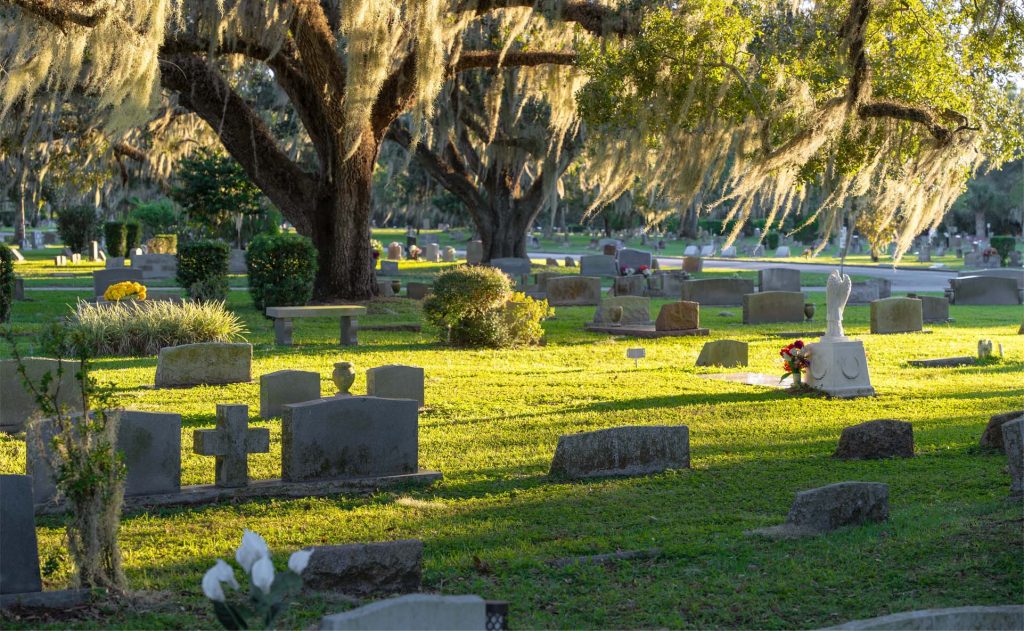Cremation vs. Burial

When planning final arrangements, whether for yourself or a loved one, few decisions are as personal or significant as choosing between cremation and burial. There’s no “right” choice; it ultimately comes down to personal preference. However, understanding the differences and benefits of each option can help you make an informed decision. Here’s a guide to the key distinctions and advantages of cremation versus burial.
Cremation vs. burial: Key differences
Cremation involves incinerating the body, with the remains typically stored in an urn or scattered. Burial, on the other hand, keeps the body intact, often involving embalming to preserve it, before it is interred in a casket, either underground or in a mausoleum.
Importantly, the choice between cremation and burial doesn’t necessarily dictate the type of memorial service. You can still have a traditional service with a viewing, regardless of whether the body will be cremated later or the cremated remains are present in an urn. The primary difference lies in what happens to the body after the service.
Interment benefits of cremation vs. burial
The most apparent difference between burial and cremation is how the body is treated. Cremation offers flexibility, allowing ashes to be scattered in meaningful places, kept at home, or placed in a cemetery’s scattering garden or cremation niche. However, scattering ashes is subject to legal regulations, so it’s essential to research the laws before deciding on a final resting place.
Interestingly, cremation doesn’t preclude burial. You can choose to bury the urn in a family plot or place it in a mausoleum or crypt. This option allows for a traditional burial experience, even after cremation.
Cremation vs. burial: Cost considerations
While it may feel insensitive, cost is often a factor in making final arrangements. Cremation is generally perceived as more cost-effective, especially if you forgo a casket and burial plot. However, if you plan to memorialize the remains in a cemetery with a marker, the costs may approach those of a traditional burial. Ultimately, the decision should be based on personal preference rather than cost alone.
Common concerns: Respect, religion, and the environment
Respect for the deceased is a central concern in choosing between cremation and burial. Many people pre-plan their arrangements to ensure their wishes are honored, reducing stress for their loved ones.
Religious beliefs also play a significant role. For example, Catholicism traditionally favors burial, while Hinduism prefers cremation. These religious guidelines can be a decisive factor.
Environmental impact is another consideration. While cremation is often seen as more environmentally friendly due to reduced land use and fewer chemicals, some argue that natural burial—without embalming and using a biodegradable coffin—is the “greenest” option. Again, this choice depends on personal values and preferences.
Making the choice: Cremation vs. burial
So, which is better? The answer is personal and depends on what feels right to you or your loved one. Consider whether you want a burial plot with a memorial, how your religious beliefs influence your decision, and your environmental concerns. Discussing with family or consulting a funeral planning expert may also help clarify your choice.
Remember, there’s no wrong answer. The key is to choose what aligns best with your values and wishes. If you’re still unsure, you can explore more options by downloading our free advanced planning guidebook.






 Use current location
Use current location









